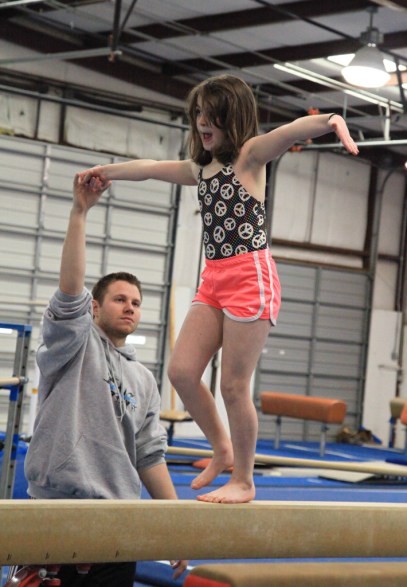 Last week, we discussed how the Harsh Inner Critic can develop when the basic needs of children are not met. The last post looked specifically at four of those needs: place, attachment, nurture and attachment. Now, we will address the other four basic needs of children: support, structure, respect and emotional boundaries.
Last week, we discussed how the Harsh Inner Critic can develop when the basic needs of children are not met. The last post looked specifically at four of those needs: place, attachment, nurture and attachment. Now, we will address the other four basic needs of children: support, structure, respect and emotional boundaries.
Support:
When an infant is born, it needs a caretaker’s hands to give support to a body he/she cannot control. Toddlers need a hand to support them as they learn to walk. They need to know someone will be there when they fall. Just as infants and children need physical support, they also need emotional support. When they have big feelings, they need to know someone is there to reassure them and help them navigate their emotions. It is important for a child’s development to know they have someone who will help them solve problems and take risks.
Structure:
When a child exists inside of a fair, loving, reasonable and constant structure, that child can relax. When boundaries are expressed in clear and reasonable terms and are reinforced consistently, a child knows what to expect. They learn that they have dependable caretakers. When a child’s world is well-defined, the child sees it as a safe place and can begin to explore.
Respect:
A child needs to be respected as an individual. All babies are not born the same; each one has a unique personality. To become respectful adults, they need to be treated with respect from a young age by self-respecting caretakers.
Emotional Boundaries:
Just as children are unable to handle their physical bodies, they also are unable to handle their emotions. Children must develop the ability to “hold” their feelings. They learn this through the actions of caretakers who are not afraid of their children’s strong emotions. Parents need to control their own emotions, and model that behavior for their child. At times, a child needs to be physically held, because they do not have the capacity to process the emotions they are having. It is at that time that the parent needs to be “bigger” than the child, and to say with words and actions that the child will be safe as he or she learns to navigate those large and overwhelming feelings.
As you learn more about the basic needs of children, you will come to recognize the places where there are deficits in your life. This can and does happen in every family, because it is impossible to meet all of a child’s needs perfectly.
Recognizing where you have unmet needs can guide you to the places where you need help to feel the best you can in your life.
I can help you examine your life and begin to feel better. Call me at (919) 881-2001
